The NHS is offering the HPV vaccination to all young people in Gloucestershire from Year 8 to age 25 who have not already received it.


The NHS is offering the HPV vaccination to all young people in Gloucestershire from Year 8 to age 25 who have not already received it.
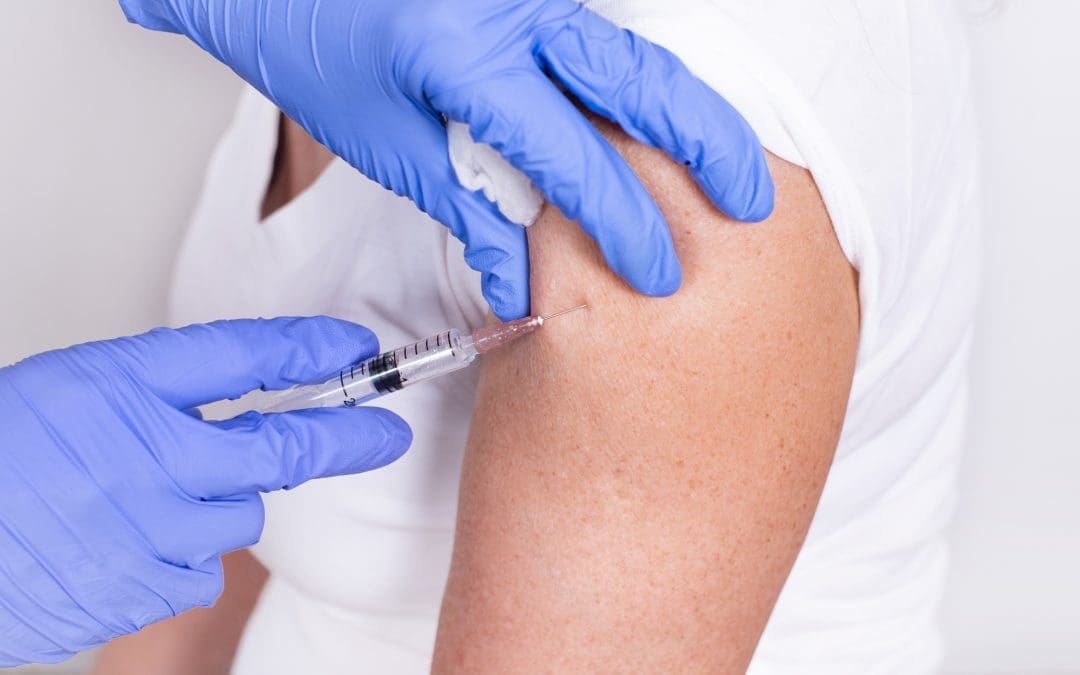
Our School Aged Immunisation team is currently delivering the human papillomavirus (HPV) immunisation programme in Gloucestershire schools to all children in Year 8, and students in Years 9, 10 and 11 who have not previously taken up the offer.
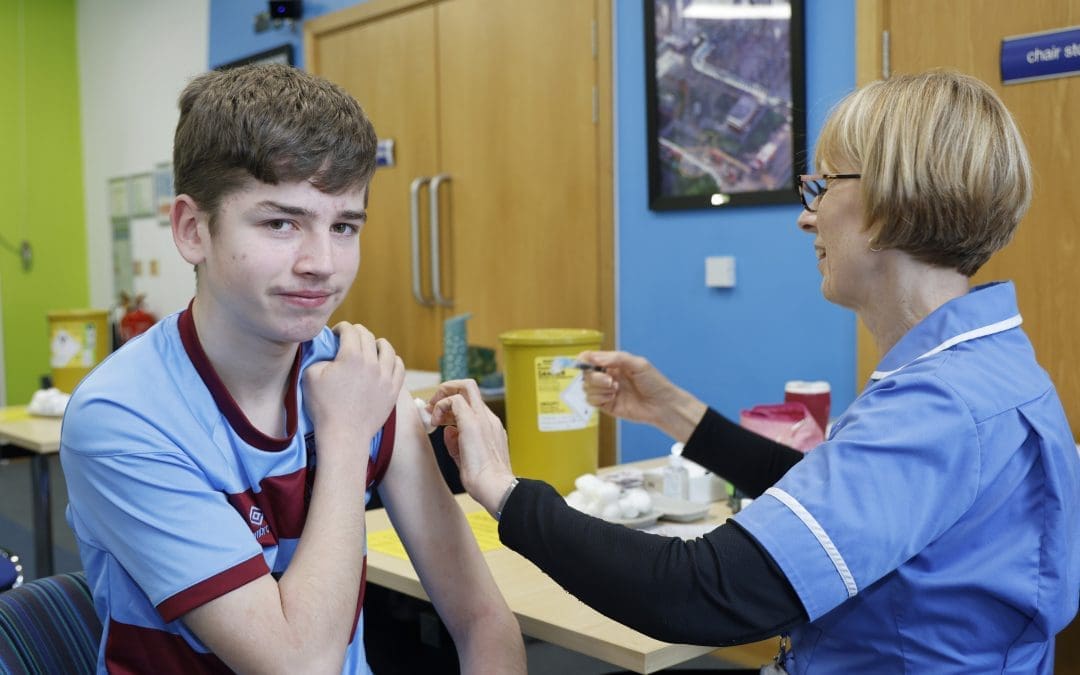
The School Age Immunisation Service (SAIS) is introducing a new way for parents and carers to consent to their children’s school-age vaccinations.
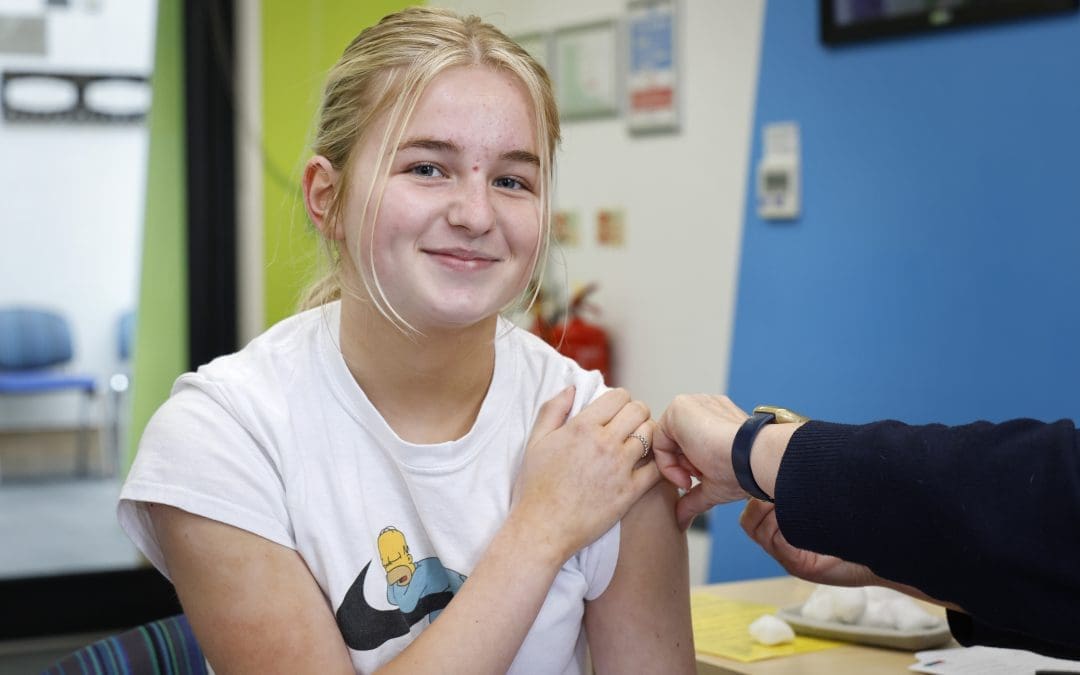
Our School Age Immunisation Service (SAIS) is delighted to be continuing delivery of the national school-based immunisation programme in Gloucestershire.
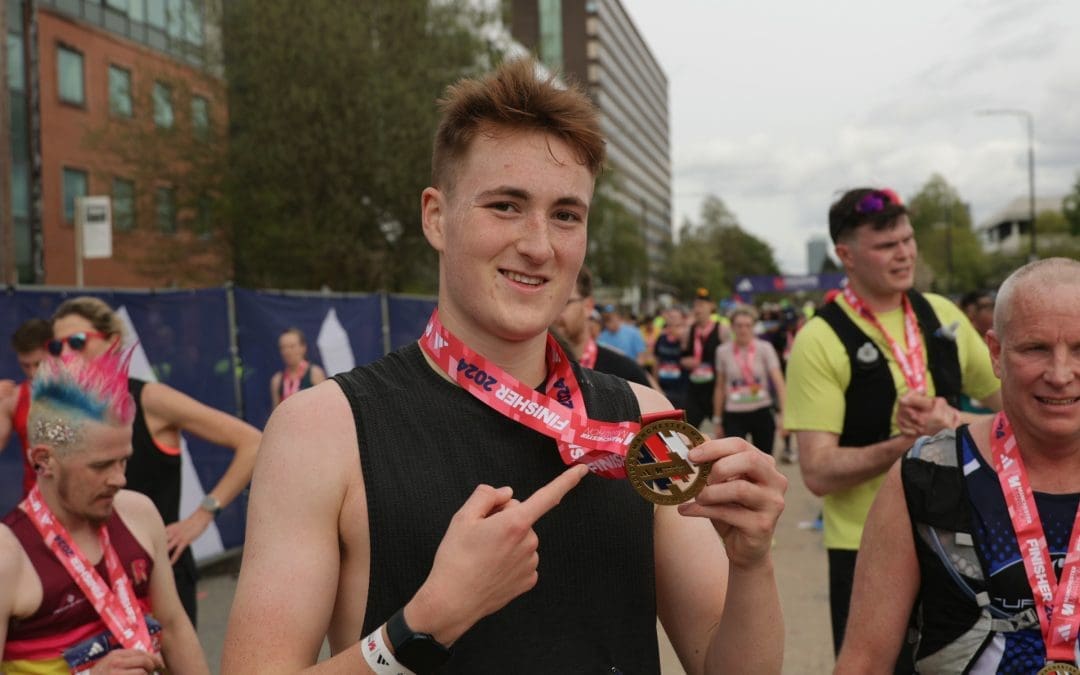
Ben Gibson was admitted to Gloucestershire Child and Adolescent Mental Health Service (CAMHS) in October 2022, following a clinical diagnosis of depression.
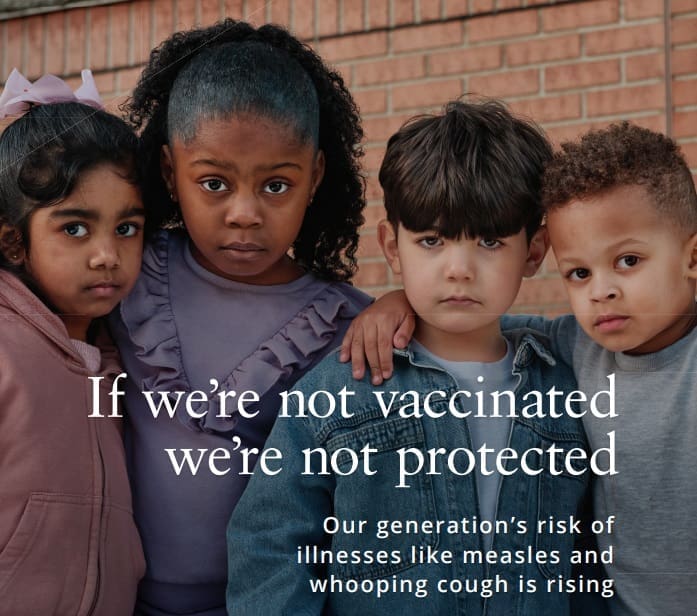
The UK Health Security Agency (UKHSA) has today launched a campaign across England to remind parents and carers of the importance of making sure their children are vaccinated against serious diseases – some of which, such as measles and whooping cough, are re-emerging in the UK.
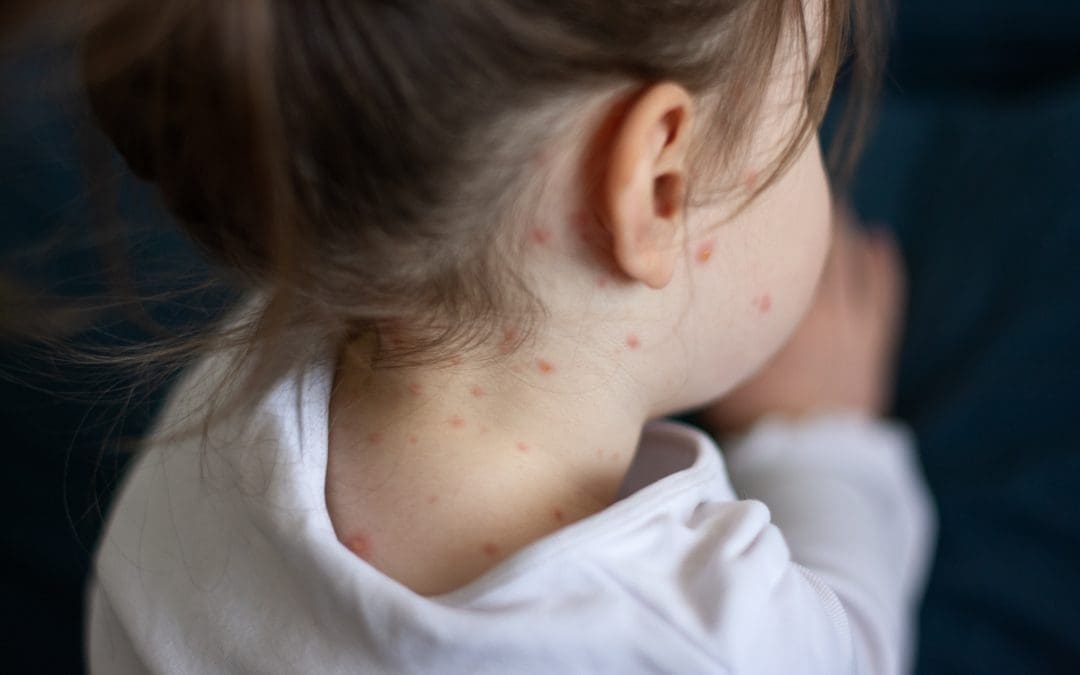
With the number of reported measles cases in young people in the UK on the rise, the School Age Immunisation Team at Gloucestershire Health and Care NHS Foundation Trust is urging parents and guardians of children in Years 8 to 11 (aged 12 to 16) to check their MMR status and make sure they are fully vaccinated against the disease.

NHS Cadets is a programme created by St John Ambulance in partnership with the NHS. It’s designed...
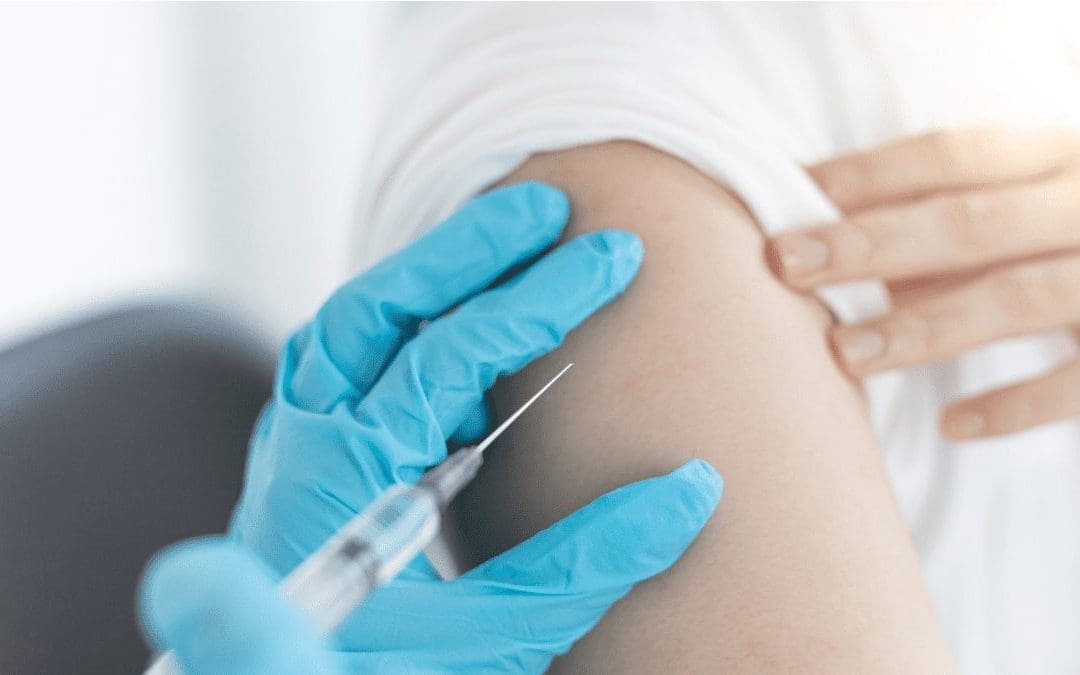
The Human papillomavirus (HPV) vaccine helps to prevent HPV-related cancers from developing in boys and girls. While most types of HPV are harmless, some high-risk types can lead to the development of cancers, including cervical cancer, cancers of the head and neck (mouth and throat) and cancers of the anus and genital areas.
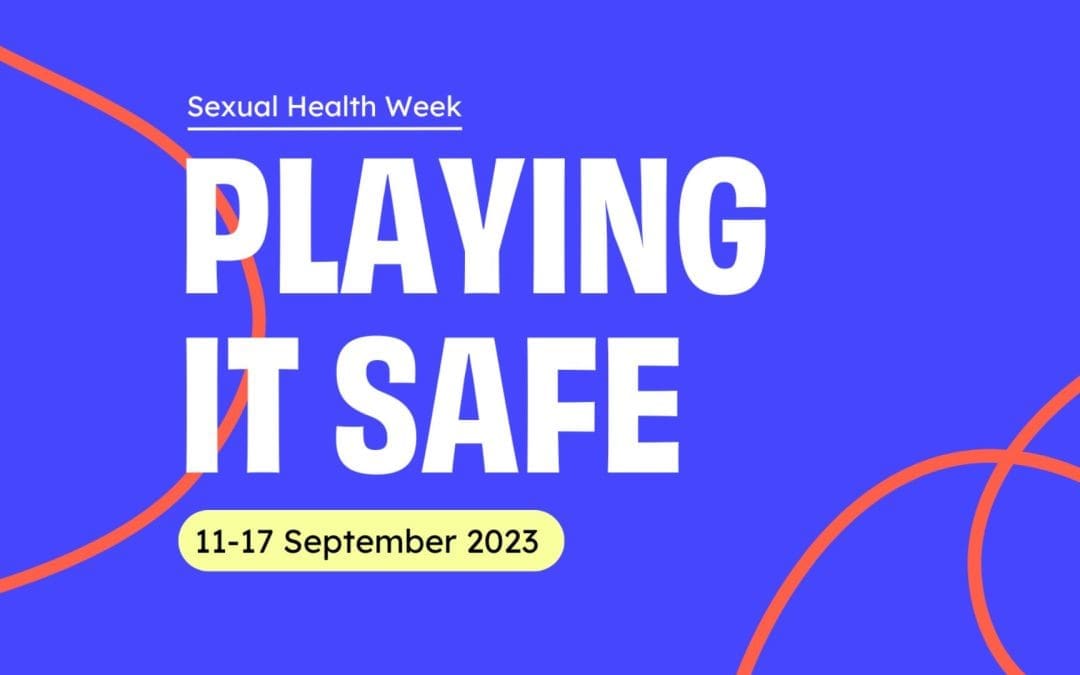
Today marks the start of Sexual Health Week. Being safe means feeling empowered to access contraception, testing and treatment. It means understanding consent, healthy relationships and pleasure. It also means providing relationships and sex education (RSE) that gives young people the tools to navigate the world safely – both online and offline – and delivering safe, accessible sexual health services, wherever people need them. That’s why for #SHW23 we’re #PlayingItSafe!
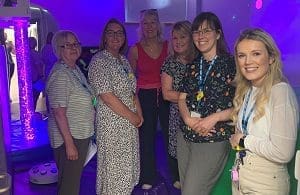
A new sensory room has been opened at Evergreen House in Cheltenham, thanks to the generosity of a local children’s charity.
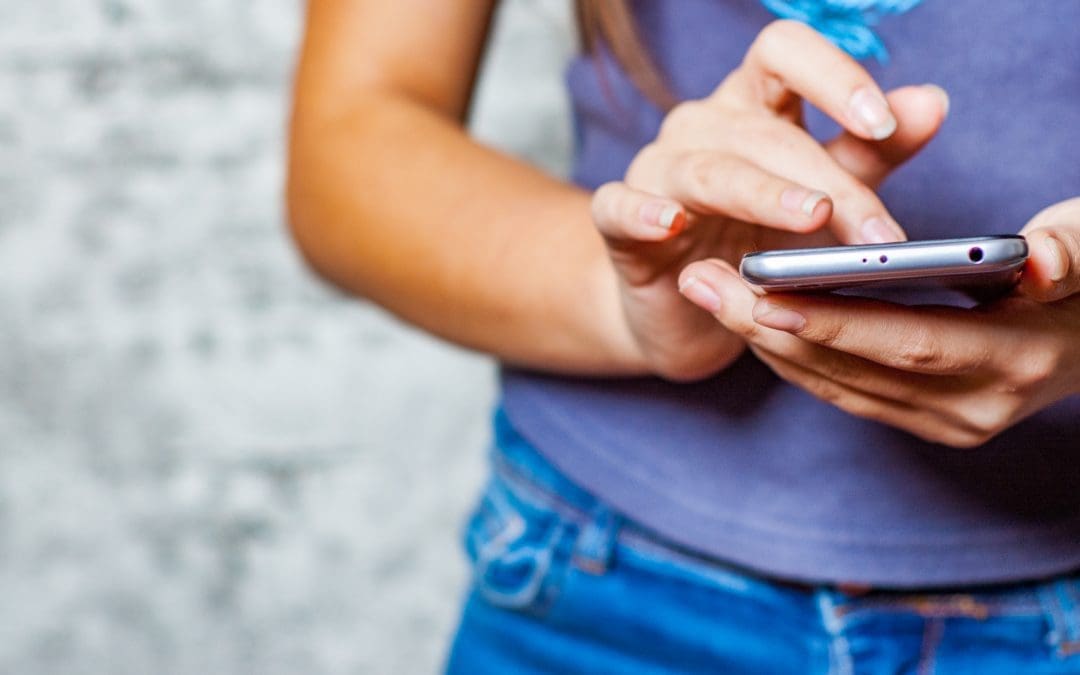
As part of our work to reduce missed appointments and ensure that only those who need our service...
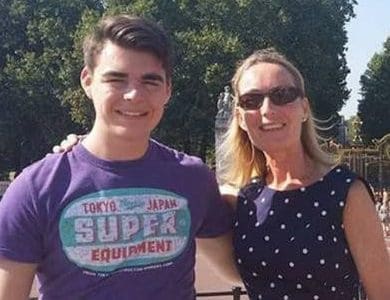
The long-awaited rollout of the Oliver McGowan Mandatory Training in Learning Disability and...
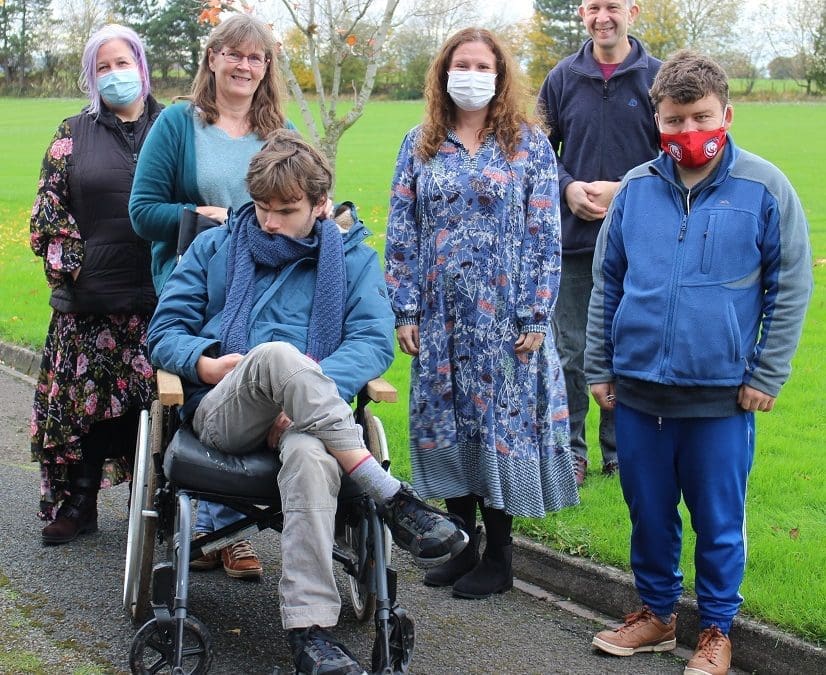
During 2021, Gloucestershire Health and Care NHS Foundation Trust formed one of four national...
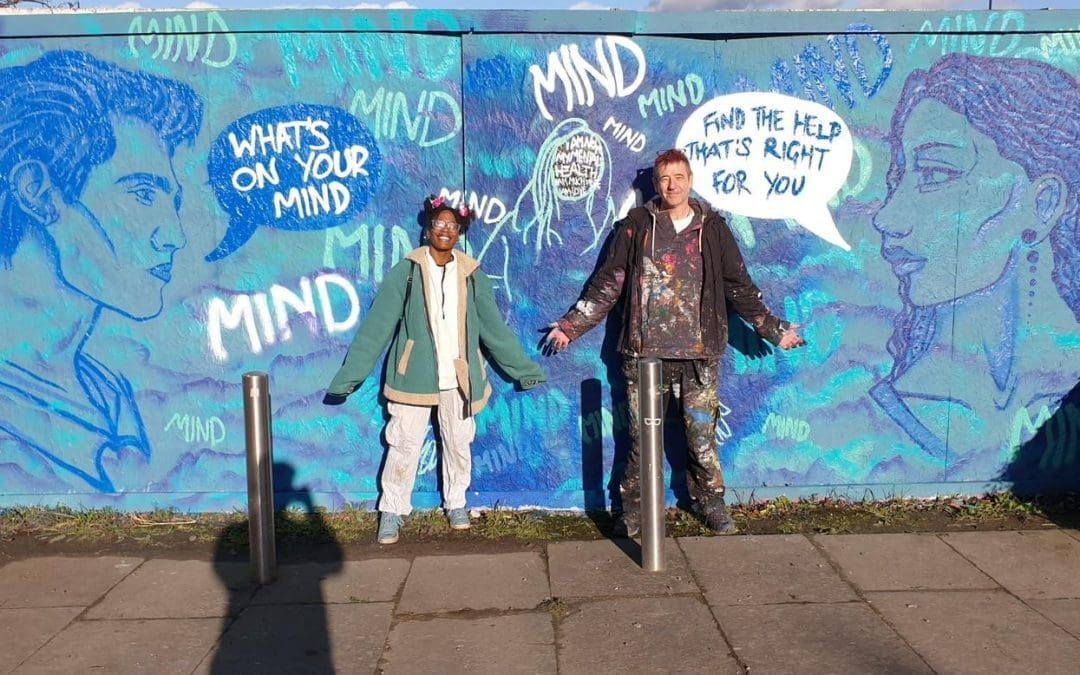
Local artists have used street art to mark the launch of On Your Mind Glos and to help raise...

Children and young people, parents, carers and health and social care professionals in...